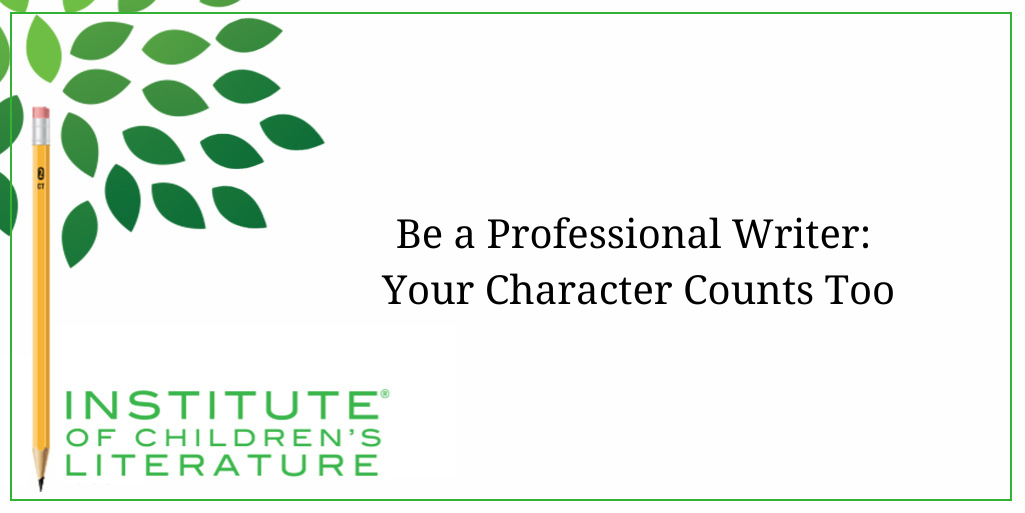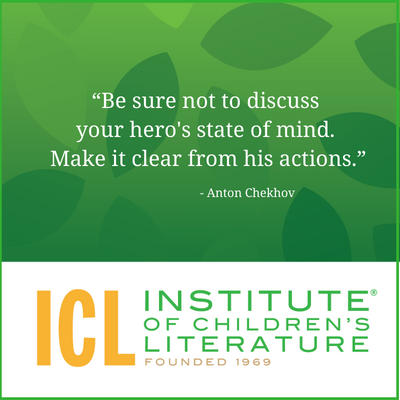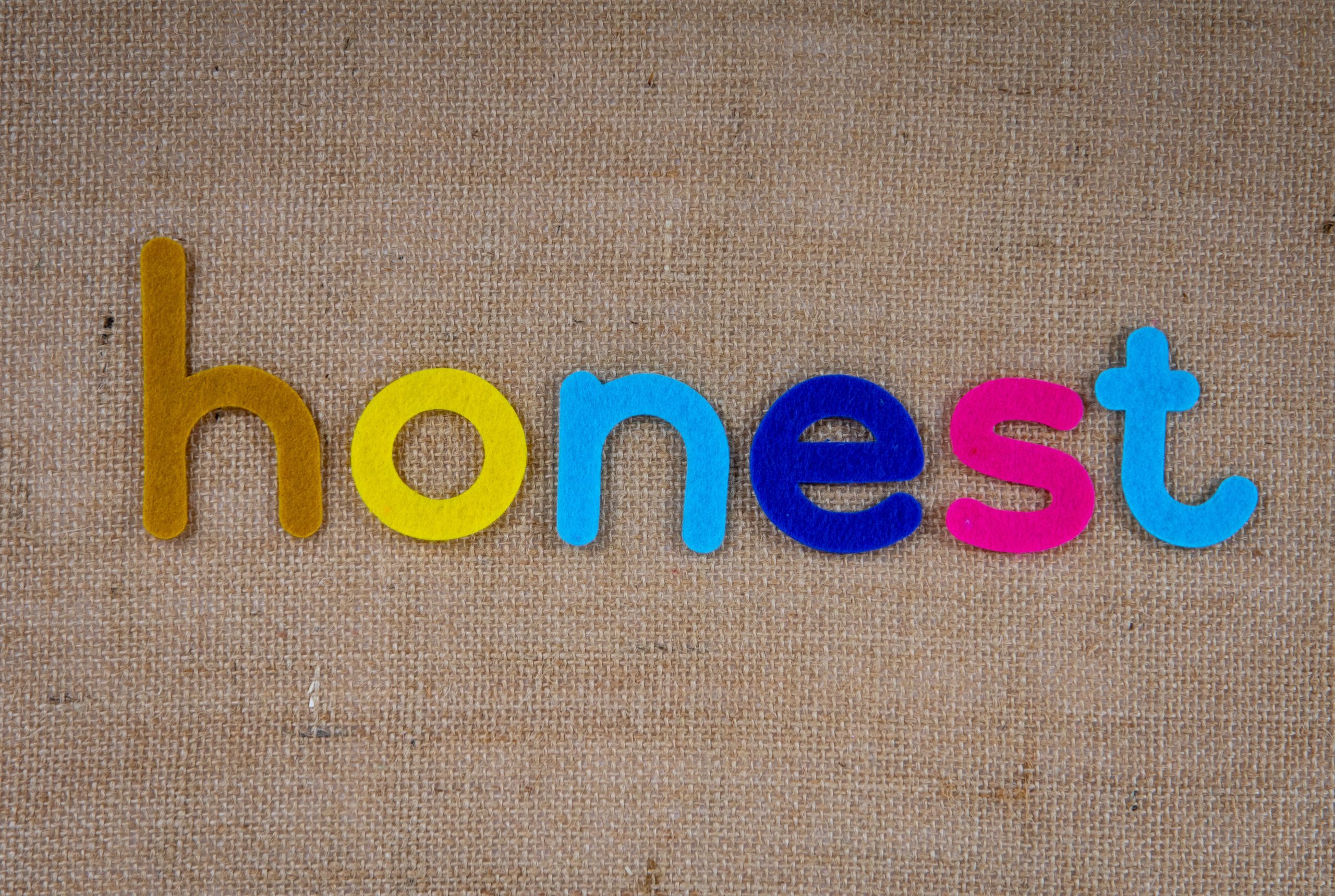
5 Ways Writers Can Prep for 2025 Goal Setting
Before we roll on to the new writing year, let’s harness our optimism for the blank slate before us and prepare for our 2025 Goal Setting just for writers.

We’ve talked about writing stories for children that will help build character in young readers, and about the characters we create in our fiction, but there is a third type of character I want to touch on this month and that’s a writer’s character. By this, I mean how to be a professional writer.
A writer’s actions can cause agents and publishers to make assumptions about whether you’ll be difficult to work with and whether you’ll cause problems down the line when you and your works interact with the public.
It’s easy to think that your story is all that matters, and a truly amazing, unique, brilliantly written story will go far in making publishers and agents willing to work with you even when you might be difficult, but it never hurts to make the whole process of working in this business a little smoother.
Being a professional writer means not making assumptions. It’s human nature to jump to conclusions in emotionally fraught situations. If we are rejected repeatedly, it’s easy to conclude that publishing doesn’t want books from new writers or doesn’t want books that are unusual or doesn’t even bother to read queries before rejecting.
It’s easy to look for reasons why things happen, and because we’re upset, the reasons we come up with are often neither accurate nor kind. And then there’s all the communication that happens after acceptance as you move through revisions and the steps during publishing and post-publishing. The opportunities to misjudge any given communication are many and varied.

But this initial response, though natural, isn’t helpful. It won’t help me write better or communicate better. It will make me more insecure (and I am really good at making myself insecure), and it can lead to less-than-gracious responses.
And the truth is that the one universal reason for nearly everything that might happen in communications during the publishing process is that the person communicating with you is trying to juggle a dozen things right this very minute. That can lead to short, clipped emails instead of not emailing at all. That can lead to missing some of your questions because the editor didn’t want to ignore your questions completely and tried to respond in a rush. And that can lead to revision requests where the editor misread something—now this last one doesn’t happen very often, and it still means there’s probably a problem since that section was so easy to misread—but it doesn’t mean the editor doesn’t care.
So start every conclusion with the thought that this person does care, is almost certainly a lovely person who adores books, and that the person is almost surely doing the very best she can. When I keep that in mind, my responses change radically and I can avoid some really unfortunate interactions that could have grown from my acting on negative assumptions.
Here’s the sad truth: editors and agents won’t always get back to you when they say they will. Why? Check the paragraph above this one for the answer. It won’t be because you don’t matter. It won’t be because new authors don’t matter. It won’t be because the publishing world hates authors. It will be because publishing professionals are juggling as fast as they can.
BUT, as professional writers, we need to meet the deadlines we promise. We need to turn books in on time, respond to emails when expected, and be as good as our word. That may feel unfair. Feelings don’t matter here. This is your career, and you want it to thrive. So be as good as your word, even if someone else misses. You aren’t responsible for them. You are responsible for you.

I don’t promise things I can’t do. I have taken assignments that are way outside my comfort zone, but I always admit that this is something really new for me. And I only take it on if (1) I have the time and mental energy to devote to this new skill building and (2) I honestly believe I can handle it. I don’t do a lot based on hope. Of course, I have a fairly unrealistic faith in my own skills sometimes and I’ve often discovered these kinds of assignments are far harder than I expected. But I’ve simply upped my effort and did it.
I also don’t promise to meet deadlines I can’t possibly meet or to accomplish things I cannot accomplish. Sometimes this results in changes on the publisher’s part if they really want to work with me (and sometimes they do—a shocking thing that still surprises me) but often they simply thank me for considering it and take it to someone who can do the job. And that’s something I can’t take personally. It might be disappointing, but my only correct response is to thank them for offering me the opportunity.
Ultimately, being a professional writer boils down to treating people fairly and kindly. Don’t fall into the trap of justifying any bad behavior based on how someone else behaved. You aren’t trying to act better than the worst behavior this editor or agent has encountered. You are trying to be among the best. It’s a goal I’ve built my career around, and it’s resulted in editors who contact me because they want to work with me because of what they’ve heard from other editors.
That’s what you want for your career. And it’s worth the work and strain required to get it. It’s worth swallowing your annoyance and finding a new perspective. It’s worth giving people the benefit of the doubt. Because in the end, the success you’re hoping for may come all the quicker from the kindness you choose today.
With over 100 books in publication, Jan Fields writes both chapter books for children and mystery novels for adults. She’s also known for a variety of experiences teaching writing, from one session SCBWI events to lengthier Highlights Foundation workshops to these blog posts for the Institute of Children’s Literature. As a former ICL instructor, Jan enjoys equipping writers for success in whatever way she can.

Before we roll on to the new writing year, let’s harness our optimism for the blank slate before us and prepare for our 2025 Goal Setting just for writers.

Writers can be thin-skinned when it comes to getting feedback on their work. Let’s look at 4 ways to positively deal with constructive criticism!

Rejection is part of the territory when it comes to being a writer. Today we offer reflection for writers to help redirect your efforts after a rejection.
1000 N. West Street #1200, Wilmington, DE 19801
© 2024 Direct Learning Systems, Inc. All rights reserved.
1000 N. West Street #1200, Wilmington, DE 19801
© 2024 Direct Learning Systems, Inc. All rights reserved.
1000 N. West Street #1200, Wilmington, DE 19801
© 2024 Direct Learning Systems, Inc. All rights reserved.
1000 N. West Street #1200, Wilmington, DE 19801
1000 N. West Street #1200, Wilmington, DE 19801
2 Comments
Such good reminders, Jan! Thank you for an excellent article.
Thanks, Ev. I appreciate it. It never hurts to remind myself of this stuff.